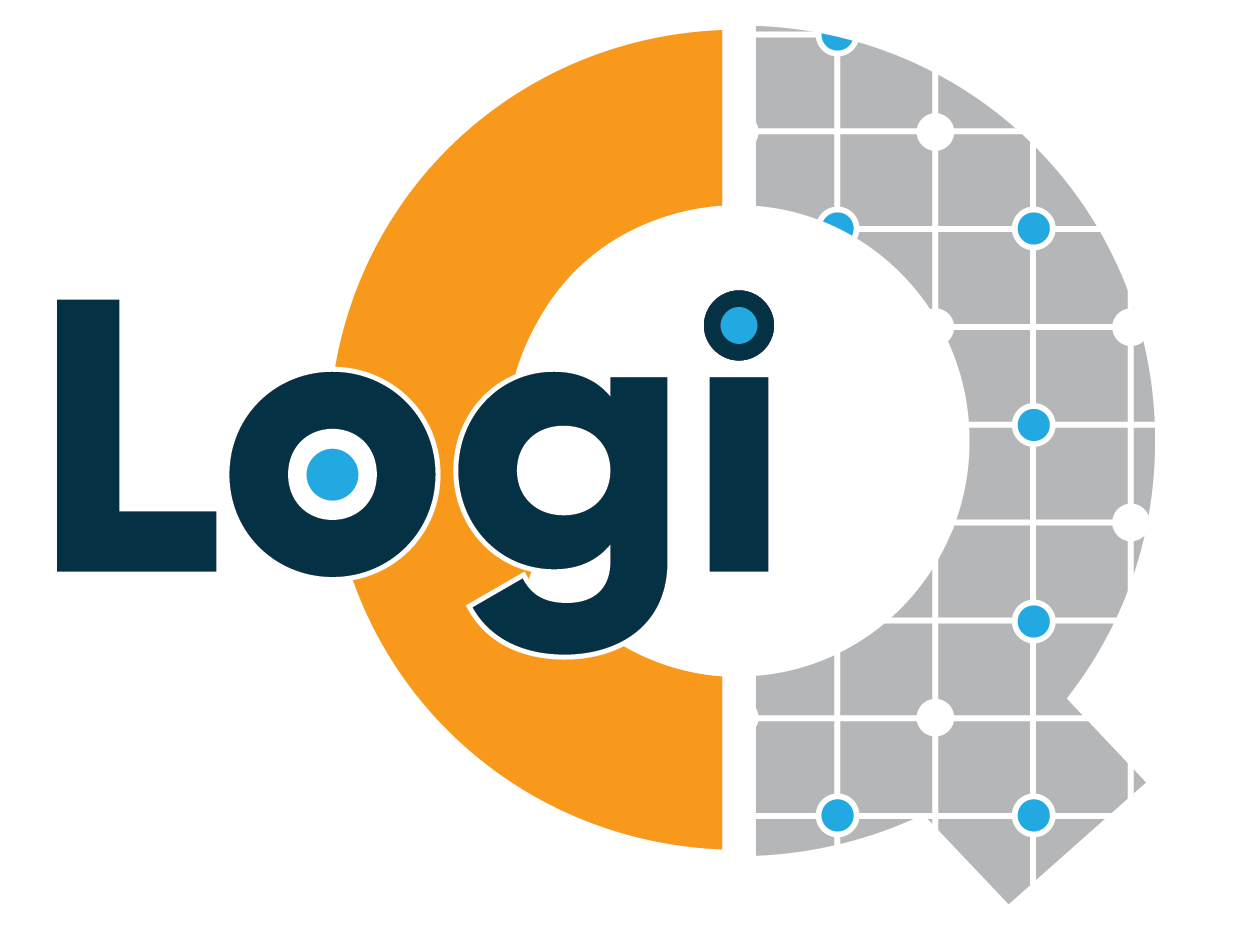Intelligence Value
The LogiQ program aims to advance quantum computing by creating an error-corrected logical qubit, a construct that encodes quantum information into a block of many imperfect physical qubits in a specialized way that, ideally, enhances the performance of the block relative to its constituents. Demonstrations of logical qubits by the program will mark an essential step towards the realization of fault-tolerant quantum computers and their potential to greatly out-perform classical computers in solving certain classes of problems, including those of interest to the Intelligence Community and the U.S. Government as a whole.
Summary
In contrast to conventional computers that run conventional (classical) algorithms, quantum computers process quantum algorithms. Certain classes of problems, which are very hard or practically impossible to process by conventional computers, can be solved efficiently using quantum algorithms, using a quantum computer. Since 2009, IARPA has invested in quantum technologies through research and development in quantum-computing platforms.
The key to realizing quantum computing lies with protecting information from ever-present noise and errors. Quantum information can, theoretically, be encoded and protected from noise and errors by enlisting many quantum bits (qubits), leading to the concept of quantum error correction (QEC). The LogiQ program takes the challenging step of putting QEC theory into practice, with the goal of demonstrating QEC in a logical qubit. LogiQ teams are developing separate qubit platforms drawn generally from the advanced quantum-computing technologies of trapped ions and superconducting circuits.
The finishing goal by November 2021 for each LogiQ team is the demonstration of a logical qubit with an error rate of less than 2%. This is an ambitious performance target for these highly-complex systems, where new science and interesting effects from fault-tolerance are expected to emerge. To achieve this metric, teams will need to stage, characterize, and optimize the building blocks of a logical qubit, reaching in particular the pivotal, intermediate milestone of a high-performance parity-check circuit that resides within the logical qubit and is integral to its operation

